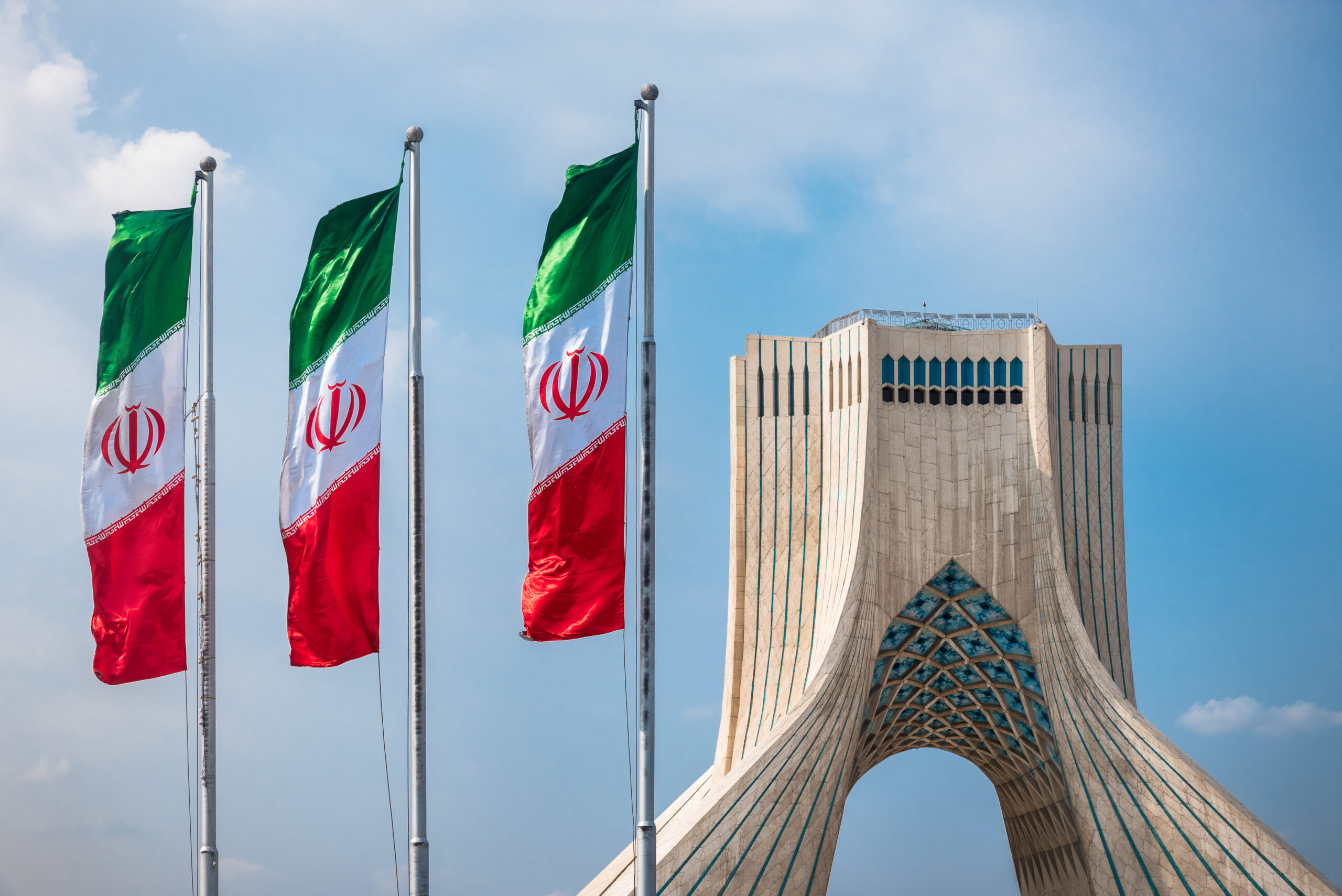Huge Explosion Kills 40 – Suspected Weaponry Exposed!

Fatal explosion at Iran’s key port exposes suspected missile fuel stockpile, raising questions about the regime’s weapons program and international sanctions evasion.
At a Glance
- Explosion at Iran’s Shahid Rajaee Port killed at least 40 people and injured over 1,000
- Blast involved sodium perchlorate, a critical ingredient in solid missile fuel
- Shipment reportedly arrived from China and bypassed normal customs procedures
- Terminal operated by company linked to Iran’s Revolutionary Guard
- Incident raises concerns about covert weapons development and sanctions evasion
Deadly Explosion Rocks Iran’s Largest Port
A massive explosion rocked Iran’s Shahid Rajaee Port in Bandar Abbas on Saturday, killing at least 40 people and injuring more than 1,000 others. The blast triggered an enormous fire at the facility, which handles 85% of Iran’s shipping container traffic and serves as the country’s most important import hub. Large clouds of black smoke billowed from the site as the fire continued to spread hours after the initial explosion, hampering rescue and containment efforts at the strategic location.
The explosion occurred at a terminal operated by Sina Holding, a company with direct ties to Bonyad-e Mostazafan, an organization controlled by the Iranian government. According to reports, two Iranian vessels carrying over 2,000 tons of sodium perchlorate were docked at the terminal when the blast occurred. The chemical compound is a known oxidizer used in the production of solid rocket fuel for missiles, raising immediate questions about its presence at the port.
Evidence of Covert Procurement Operations
Iranian authorities have not suggested sabotage or a deliberate attack as the cause of the explosion. The security firm Ambrey indicated the blast likely resulted from improper storage of the sodium perchlorate. However, the more concerning revelation is that the Ports and Maritime Organization of Iran reportedly had no record of the chemical shipment, suggesting it deliberately bypassed normal customs oversight.
This unusual circumstance points to a potential covert procurement operation for Iran’s missile program.
“A massive explosion at a port in southern Iran on Saturday killed at least 14 people and injured more than 700, according to state media, and touched off a major fire at the country’s most important import hub.”, according to state media.
The leadership of Bonyad-e Mostazafan includes members of Iran’s Revolutionary Guard (IRGC), which has special agreements with the Iranian government for developing advanced military technologies. The U.S. Treasury Department has previously designated entities involved in procuring ballistic missile propellant ingredients for the IRGC, specifically targeting networks in both Iran and China that facilitate such shipments of sodium perchlorate.
China Connection Raises International Concerns
Reports indicate that China shipped the sodium perchlorate to Iran after the country had depleted its missile propellant stocks. This apparent collaboration suggests a coordinated effort between the two nations to enhance Iran’s missile capabilities, circumventing international sanctions. The incident has brought renewed attention to Iran’s missile program at a time when Western nations have expressed growing concern about the country’s military ambitions.
The state-run Islamic Republic News Agency quoted an official as saying the explosion was: “likely set off by containers of chemicals, but did not identify the chemicals.”
Iran has a documented history of attempting to conceal its weapons development activities from international monitors. Despite Supreme Leader Ayatollah Ali Khamenei’s 2003 fatwa against atomic weapons, evidence suggests the regime continues to pursue advanced military capabilities through covert channels. The port explosion has inadvertently exposed what appears to be part of this shadowy procurement network, providing rare insight into how Iran may be evading sanctions to advance its missile program.












